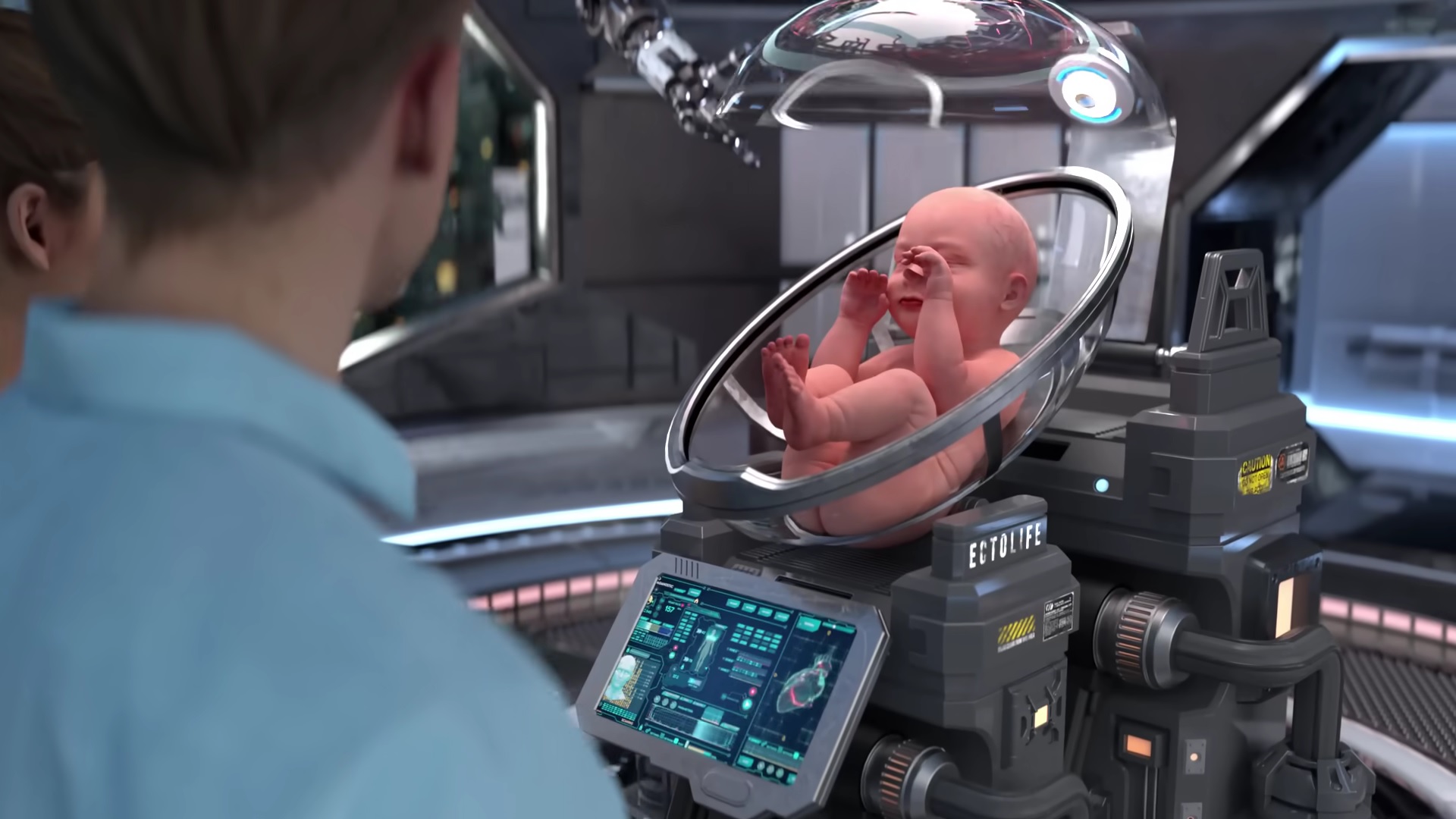EctoLife, a groundbreaking new facility developed by science communicator and biotechnologist Hashem Al-Ghaili, has the potential to change the way we think about reproductive technology and offer hope to infertile couples. The facility, which is powered entirely by renewable energy, is the first of its kind in the world and has the capability to grow around 30,000 babies per year through extensive scientific research that spans over 50 years.
One of the unique features of EctoLife is the “Elite Package,” which allows couples to genetically engineer an embryo before it is implanted in an artificial womb. This gives parents the ability to choose characteristics such as intelligence, height, strength, hair and eye color, and even avoid genetic diseases.
The World Health Organization reports that approximately 300,000 deaths occur each year due to complications related to pregnancy. EctoLife could help reduce human suffering and eliminate the need for C-sections and premature births. The facility could also offer solutions to women who have had their uterus removed due to complications, and even help countries with declining populations, such as South Korea, Bulgaria, and Japan.
However, the implementation of EctoLife is not without its controversies. Some argue that the ability to genetically engineer embryos raises ethical concerns about the creation of “designer babies” and the potential for societal inequality. Others have expressed concern about the safety and long-term effects of artificial womb technology.
Despite these concerns, Hashem maintains that every feature of EctoLife is completely science-based and has already been achieved by scientists and engineers. He believes that the potential benefits of the technology outweigh the risks and that it is a promising solution for couples who are unable to conceive naturally.




